President Donald Trump has just ordered reciprocal import tariffs on the entire world. All countries are in the "target", especially those that are imposing high tariffs on US goods and have trade surpluses with the US. So what about Vietnam?
On February 13, according to CNBC, US President Donald Trump signed an executive order imposing reciprocal import tariffs on other countries. Accordingly, the US will impose import tariffs on goods from other countries equivalent to the level they currently impose on US goods.
This decree also means that all of America's trading partners are in the crosshairs.
Not only that, Mr. Trump said that the US will respond with tariffs against countries with non-tariff policies, including value-added tax (VAT) and other measures, because they consider these to be unfair trade practices.
Reciprocal import duties also target subsidies and exchange rate policies that impede the flow of US goods abroad.
Responding to the press, Mr. Trump said that the US imposes reciprocal tariffs "for the purpose of fairness". Any country that imposes tariffs on the US, the US will impose tariffs in return, "no more, no less".
Mr. Trump also emphasized that countries will not be allowed to send goods to the US through a third country. He wants "a level playing field."
The world financial and commodity markets immediately reacted strongly. US stocks were under strong selling pressure. The USD fell rapidly. The price of gold skyrocketed again to near its historical peak, at 2,930 USD/ounce in the early morning of February 14.
Some markets have since stabilized, with U.S. stocks rallying on news that the Trump administration will not impose reciprocal tariffs immediately, easing concerns about global trade tensions.
On the same day, February 13, President Donald Trump signed a memorandum, ordering officials to begin calculating tariffs commensurate with the taxes that countries impose on US products.
The memo directs U.S. authorities to develop country-specific import tariff rates, taking into account factors such as current tariffs, exchange rates, trade balances and other factors. It asks officials to report back with a “reciprocal trade and import tariff” plan within 180 days.
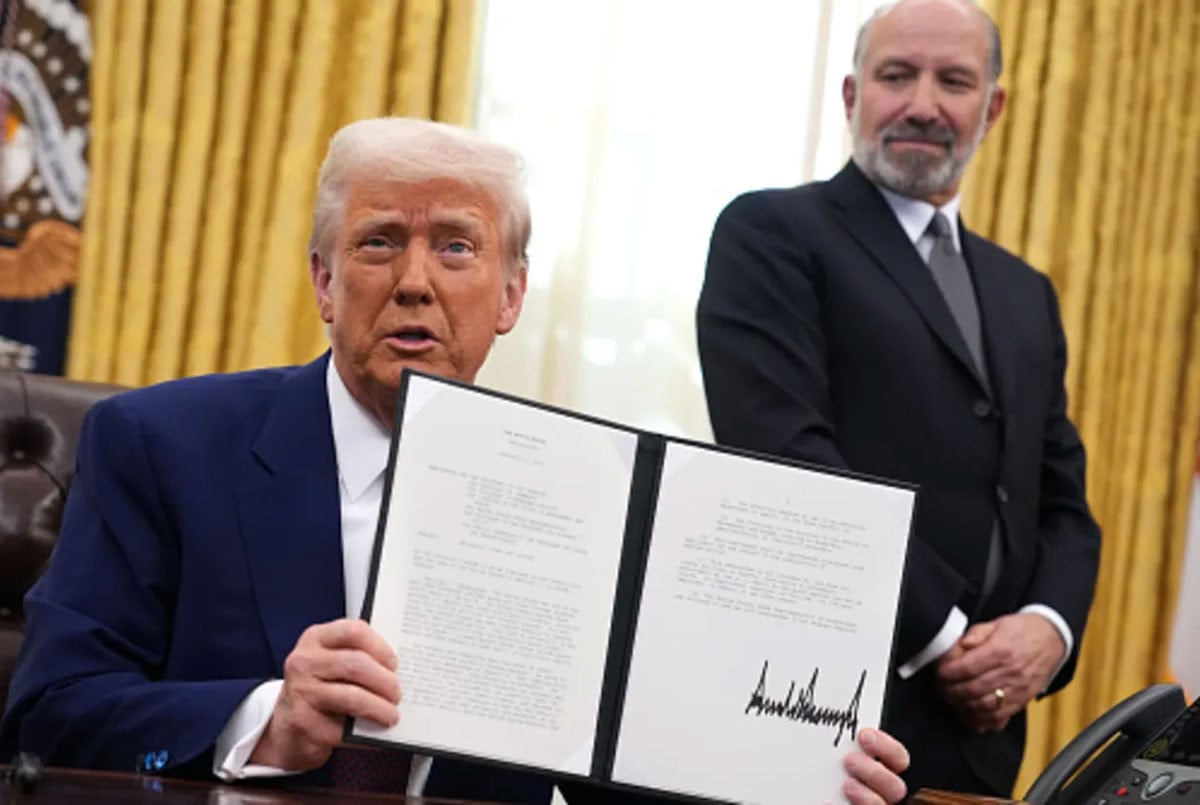
In the Oval Office, US Commerce Secretary Howard Lutnick said that these studies are expected to be completed by April 1. The US will consider first the cases with the largest trade surplus and apply the highest import tariffs to the US.
As such, the US government will begin investigations, but it could take weeks or months.
How is Vietnam affected?
Imposing reciprocal import tariffs was one of the core commitments of Mr. Trump's election campaign. Observers assessed that the White House owner was thoroughly implementing the MAGA campaign (make America great again).
Previously, Mr. Trump announced tariffs on China, Canada and Mexico, as well as tariffs on all steel and aluminum imported into the US. Mr. Trump has now postponed tariffs on Canada and Mexico after the two countries pledged to strictly control illegal immigration and drug trafficking at the border areas with the US.
Mr. Trump has also repeatedly warned of imposing tariffs on the European Union (EU), emphasizing the trade deficit with countries in this region. EU leaders have vowed to retaliate against the new US tariffs.
Mr. Trump's new move is seen as igniting a global trade war, harming all parties involved and possibly exacerbating the rising inflation problem in the US.
Sharing with VietNamNet from the US, Mr. Do Ngoc Hung, Trade Counselor, Head of the Vietnam Trade Office in the US, noted that new import tax rates will be built for each US partner with which they have trade relations, not only to deal with the issue of taxes imposed by countries on US exports but also to target non-tariff barriers that countries are applying.
According to Mr. Hung, with the review not only within the scope of tariffs but also expanding to other barriers, the Trump administration is taking careful, certain and comprehensive steps to assess the international trade structure of the US. From there, there will be directions for reform and renegotiation to ensure the interests of the US. This is also consistent with the content of the response at the hearing of the candidate for US Trade Representative (USTR), Mr. Jamieson Greer, recently in the US Senate.
Mr. Hung acknowledged that with this approach, countries will face more difficulties as tariffs are a matter that can be proactively reviewed and adjusted, but non-tariff barriers will be a major obstacle for each country when negotiating with the US and will also be passive when the US can choose barriers to request negotiations.
"With the US spending more time on research, countries also have more opportunities to discuss/negotiate with the US about future plans," Mr. Hung said.
Ms. Tran Thi Khanh Hien, Director of Research, MB Securities, said that Mr. Trump's signing of an executive order imposing reciprocal import tariffs on all countries will affect Vietnam, but the extent of the impact is yet to be determined.
According to Ms. Hien, Mr. Trump’s decisions are unpredictable, but the reality is that Mr. Trump targets major partners first. Countries that actively cooperate are less likely to be targeted, such as Japan. During his previous term, Mr. Trump did not put much pressure on Japan.
In a latest move, shortly after announcing the reciprocal tariffs, President Trump met with Indian Prime Minister Narendra Modi at the White House. Mr. Modi said that the US and India will increase bilateral trade to $500 billion by 2030. Mr. Trump acknowledged India's recent move to reduce tariffs on US imports. He said he would start negotiations on the trade gap and hoped to reach an agreement.
At a recent meeting with the Ambassador Extraordinary and Plenipotentiary of the United States of America to Vietnam - Marc E. Knapper - Minister of Industry and Trade Nguyen Hong Dien also expressed concerns about changes in the US trade policy. The Minister emphasized the complementary nature of the two economies, which is an important feature that helps economic and trade cooperation between the two countries develop increasingly strongly, in a harmonious and sustainable direction, maintaining national interests in bilateral cooperation.
In response, Ambassador Marc E. Knapper expressed that the recent US tariffs were not aimed at Vietnam. The US wants to maintain bilateral relations and continue to develop economic and trade cooperation with Vietnam in a positive direction.
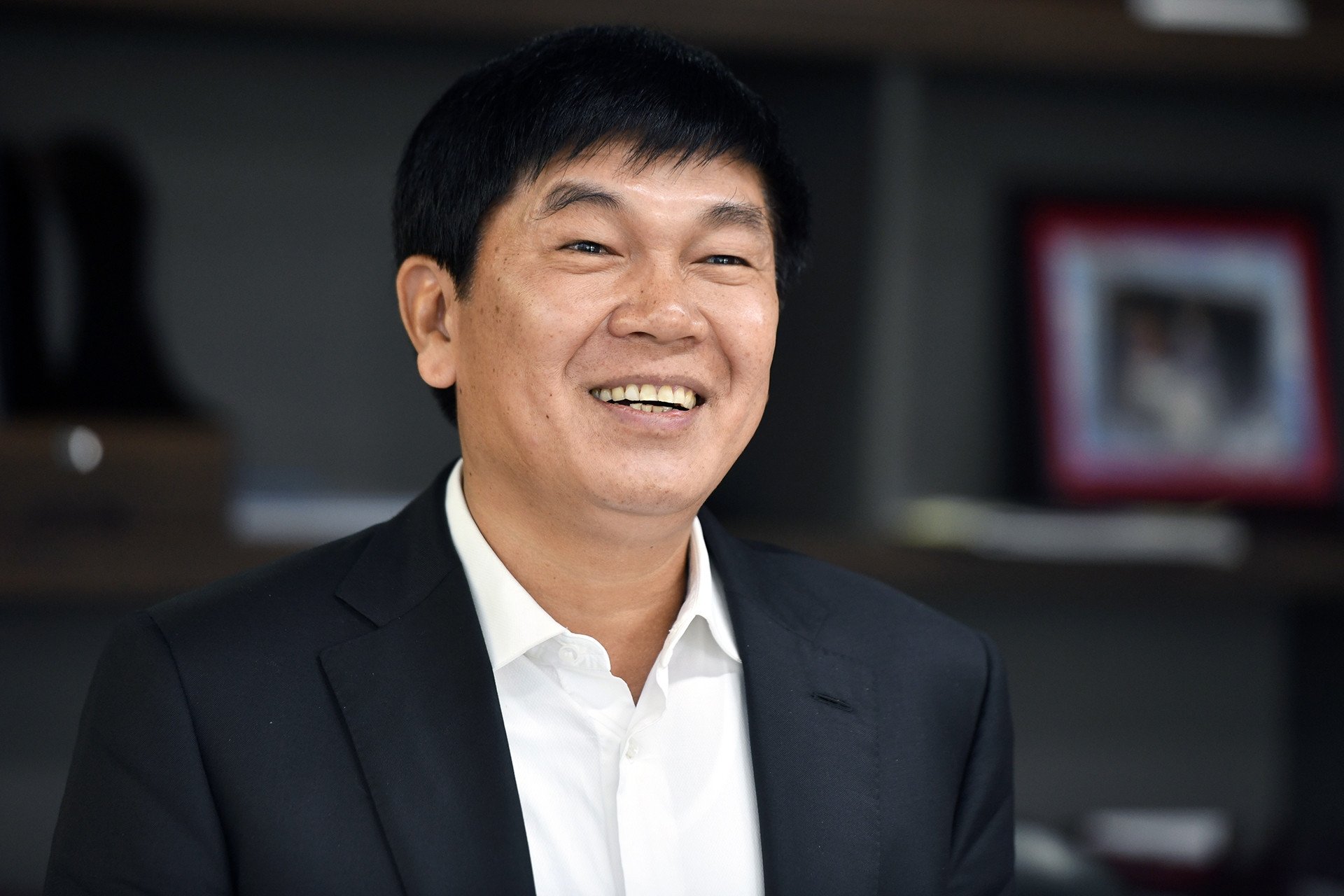
Source: https://vietnamnet.vn/ong-trump-ap-thue-doi-ung-toan-cau-cac-nuoc-vao-tam-ngam-viet-nam-ra-sao-2371287.html
































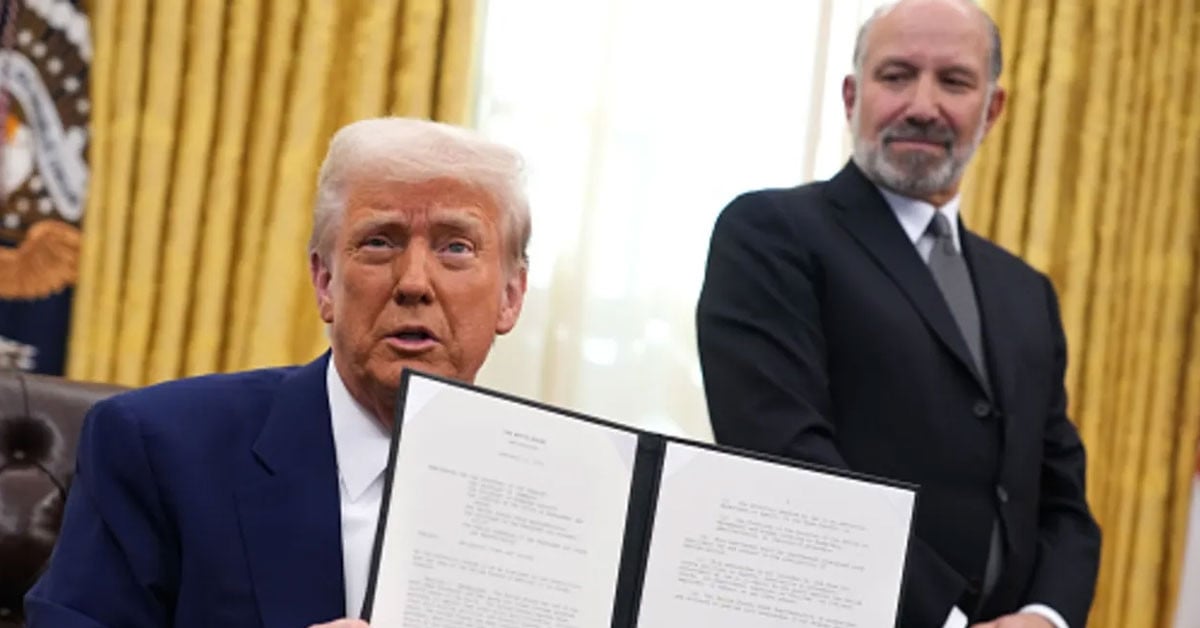
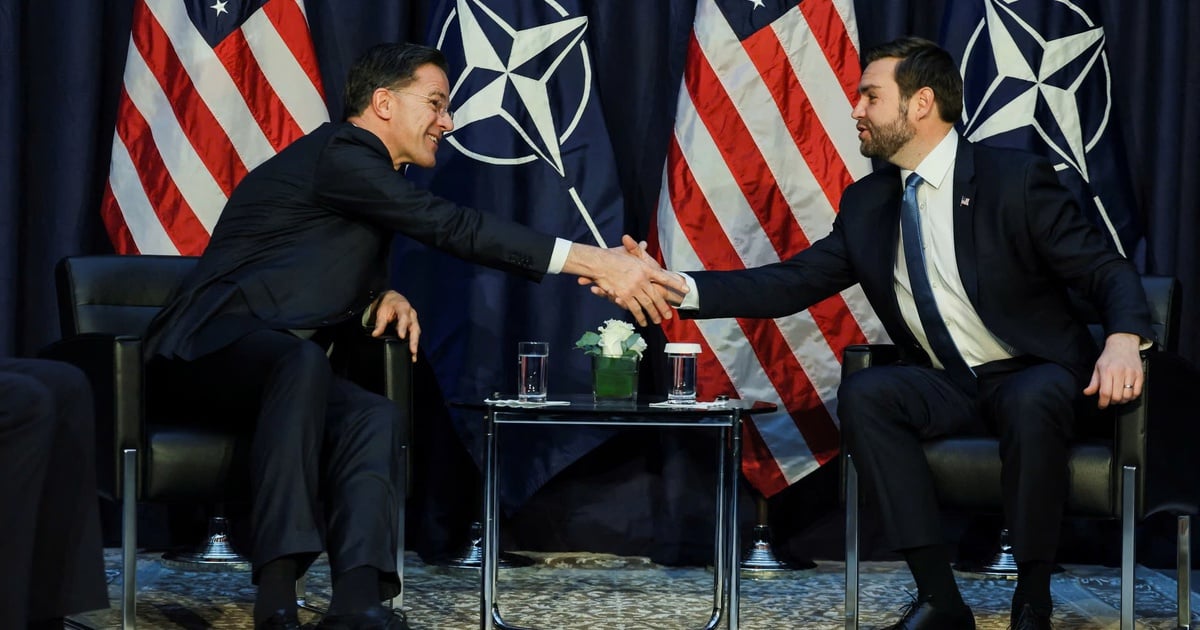
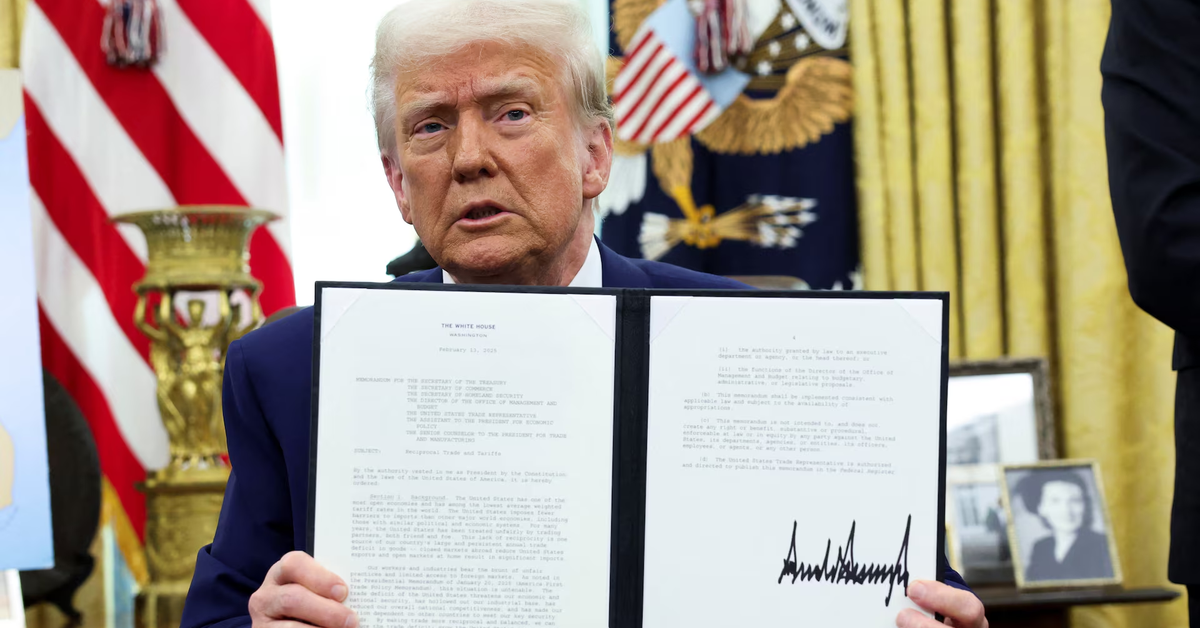



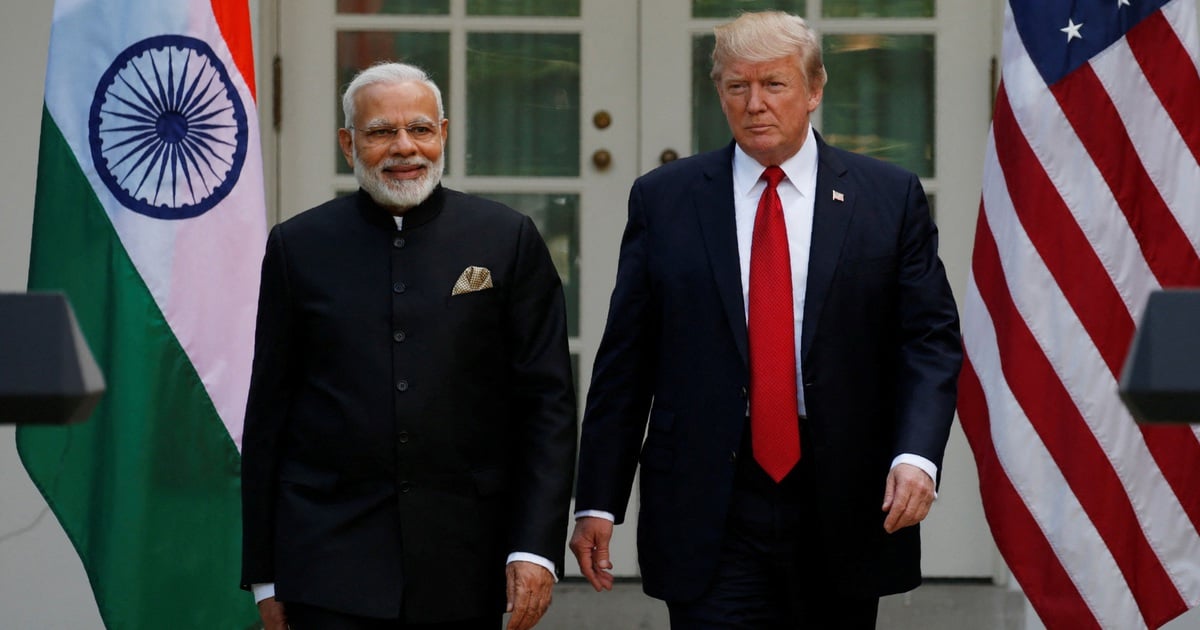


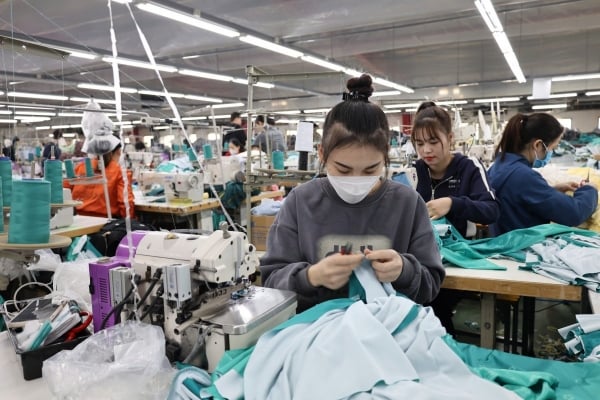



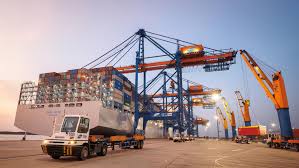





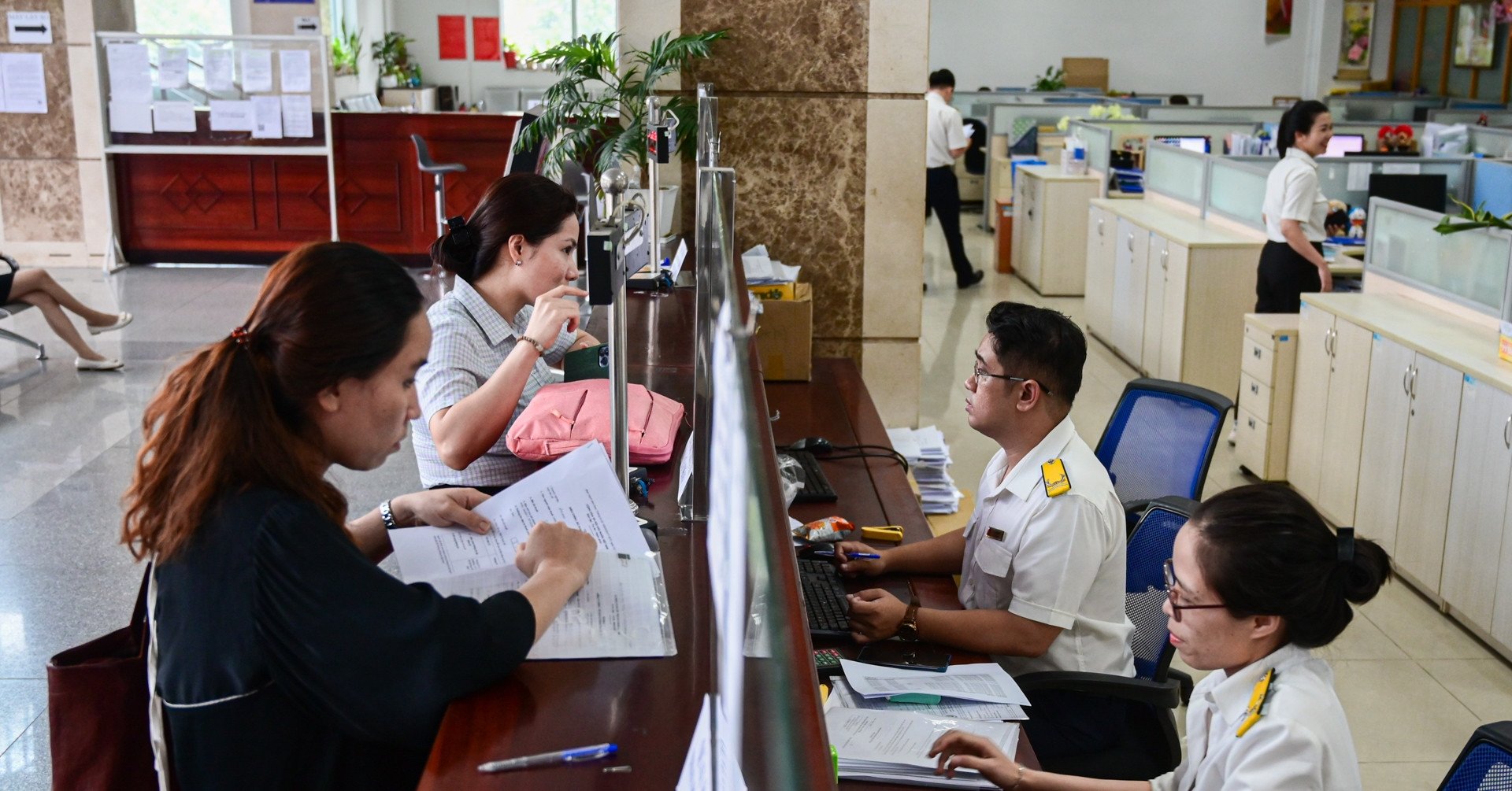


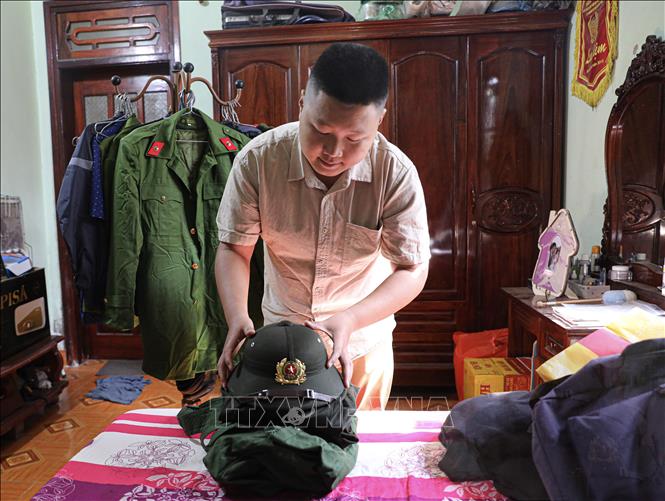








Comment (0)